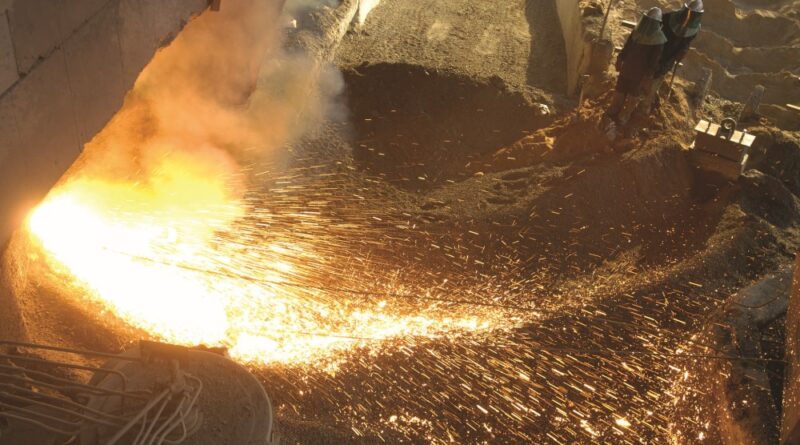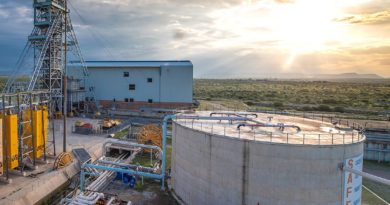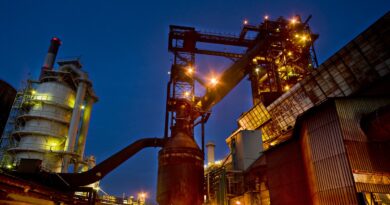Calls for government to implement tax on export of raw ore
Lobby group Save SA Smelters are calling on the President to implement a tax on the export of raw ore in the country. 80000 more jobs are on the line in the coming months as government continues to fail to implement a tax on the export of raw ore it announced.
In his Economic Reconstruction and Recovery Plan read in Parliament last October, the President announced measures to support the domestic ferrochrome industry.
Amongst the measures was to implement a tax on the export of chrome ore, but to date, no announcement on when this tax will be implemented has been made.
As #SaveSASmelters, our clarion call is for government to do good on its own pronouncement, and urgently curb the job losses, by recreating those lost and more, through the implementation of the tax.
The Chinese and increasingly important Indonesian markets are growing and will dominate demand for ore and Ferrochrome in the future. If the price disparity between China and the West is allowed to continue then there will be no South African smelting industry left standing.
The Chinese marvel at South Africa’s increasing indifference to allowing its minerals to be shipped abroad at the expense of its domestic industry. If a tax is not imposed soonest it will truly be one of the greatest destructions of a nation’s wealth in history. It will also be a betrayal to the great policies of the country-Mining Charter and Freedom Charter which both are aimed at beneficiating South Africans from their own Minerals. Imposing this Chrome Export tax will grow this great industry in South Africa instead of China and countries alike.
Just last year, the Lydenburg and Meyerton smelters shut their doors, resulting in thousands of job losses. The country faces the closure of even more smelters and even more retrenchments should it fail to act on this crisis in the sector.
“These two smelters closed in a short space of time last year because people are just taking the minerals and building smelters in their own respective countries to produce ferrochrome which is really what is damaging our economy. We are in a situation where as South Africa we are not in control of our minerals especially from a tax perspective, and we are effectively exporting the material without imposing any tax, says Powers Motsileng, Save SA Smelters Convenor.
Motsileng adds that the country needs to stop the export of raw materials “so they can benefit us here in the country, and close opportunities for exploiting countries from funneling our minerals for free to their homes”.
As a benchmark, Indonesia previously implemented a 100% tax on nickel and within three years, the country overtook South Africa to be the world’s biggest ferrochrome producers behind China.
Before 2012, South Africa was the biggest producer of ferrochrome and currently has 80% of the world’s chrome raw material. Save SA Smelters says it is the lack of imposing tax on the export of chrome ore that causes smelters to close down.
“We want to reposition South Africa as the country of choice to international investors in the steel and stainless value chain. In the past, South Africa was a leader in the supply of steel boasting many Arcelormittal plants and furnaces. We have lost a lot of these furnaces which in turn has resulted in the loss of thousands of jobs,” says co-convenor, Lindelani Nyathikazi.
It is our view that delaying the tax imposition, the government is possibly losing out on a 15 billion rand income stream that could aid our ailing economy. We submit that the UG2 and LG6 minerals should be taxed at 80% and 20% respectively.
When government heeds to this mounting call, it would enable an environment for the creation of at least 3000 immediate jobs just to start up idle capacity, and possibly another 8000 – 9000 jobs over the next three years. Failure to implement the export tax would mean the South African Government is in cahoots with China in mercilessly raping our mineral resources.




